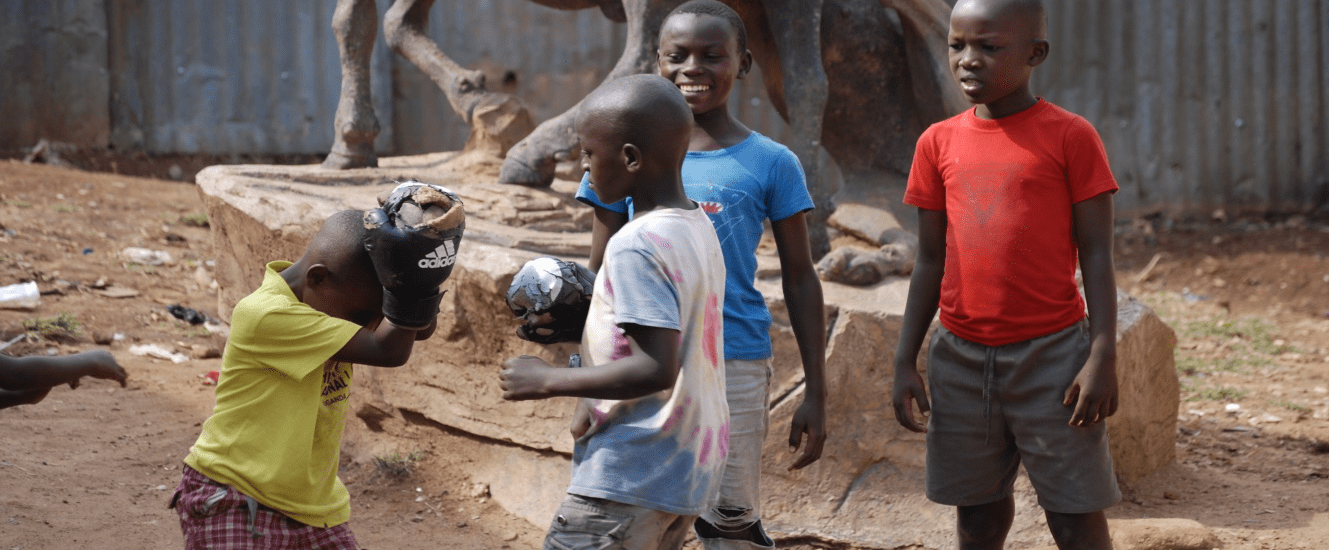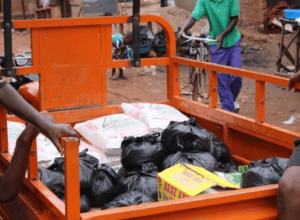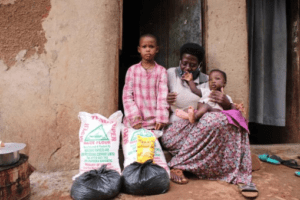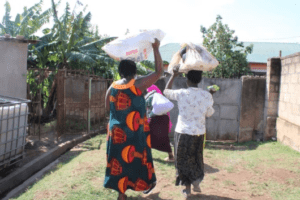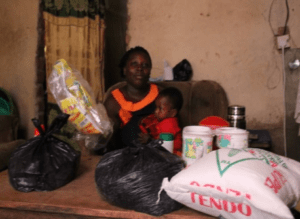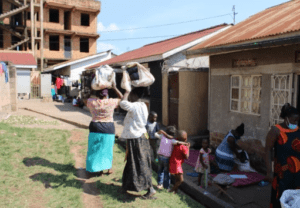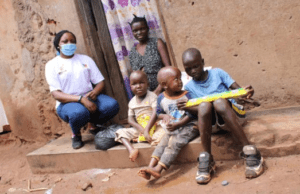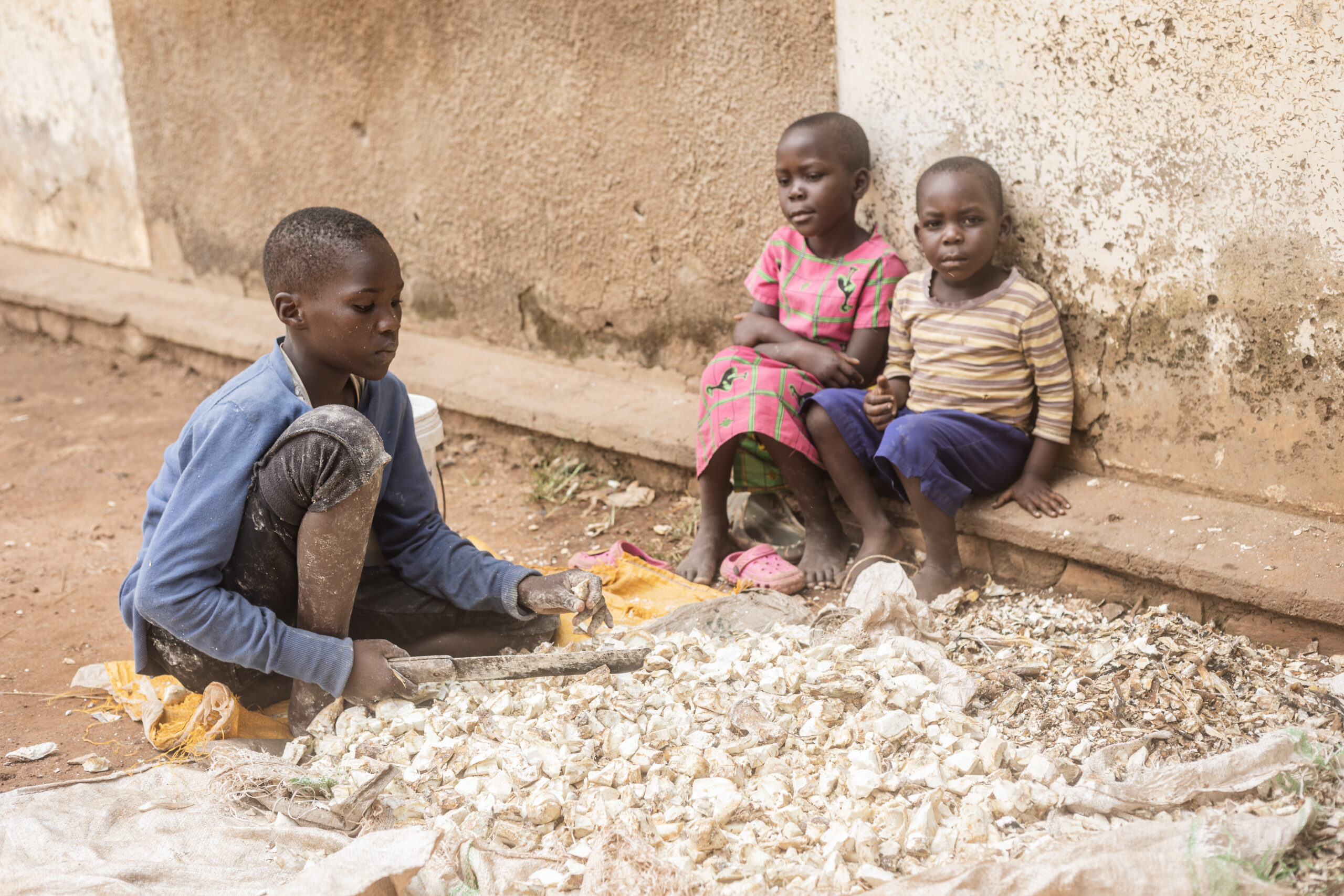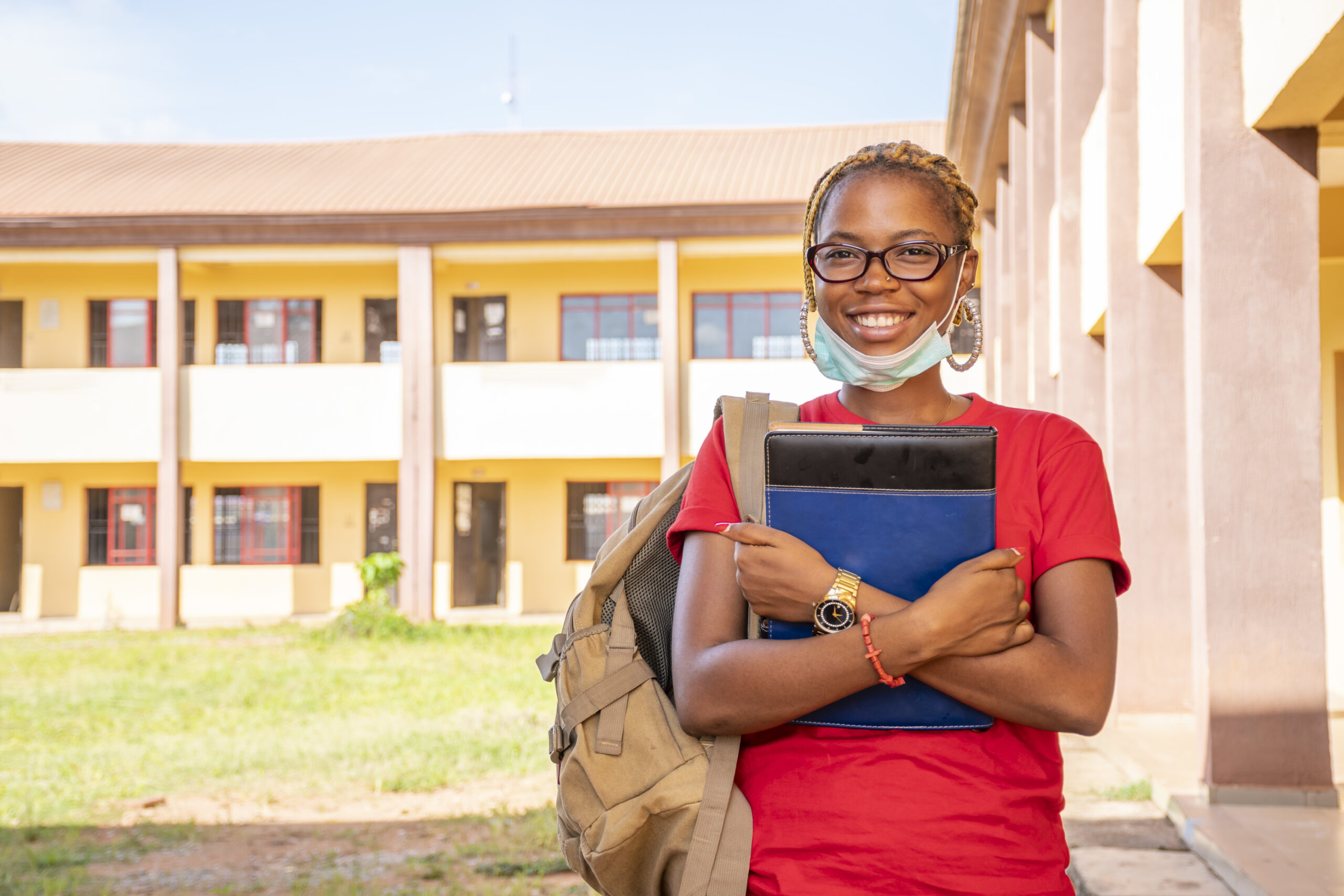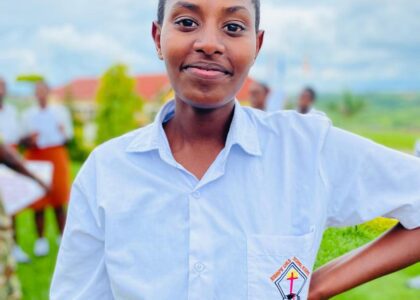COVID -19 AND THE PLIGHT OF CHILDREN LIVING IN SLUMS
As the second wave of the corona virus infections continue to rise in Uganda with 92,490 and 2,557 Deaths (Ministry of Health), Government put in place measures to curb the rapid spread of the deadly virus. The measures had an influence on both the young and the old but Children living in the slums have been affected the most.
In the slums of Kampala, the country’s capital city, Misery and pain are evident. Households are constantly suffering from hunger due to the loss of jobs and immobility. Children have also been obligated to sell merchandise on the streets to support their household incomes and retire home in the evening.
“The days are tough, many of us are not happy because we do not have what to eat. When we get food from well wishers, we eat one meal a day, so that food can take us for many days”, said a 16 year old Girl in Bwaise, Kampala.
The above narration tells a story of how the hunger situation is dreadful; it not only shows how these Children lack access to food but also intimates their susceptibility to diseases and malnutrition.
Growing up in the slums is already an unfortunate experience, but greater despair comes with the hardships caused the covid-19 pandemic. The communities are characterized by filthy structures, typically lack safe drinking water, adequate sanitation and there is usually shortage of space inside the houses where the Children live. On a normal day, some of the Children in the slums are involved in several activities to supplement on their household incomes for insistence finding metal scraps on the streets to sell to auto mechanics. Unfortunately for these Children, their daily activities have been halted by the Lockdown restrictions.
The pandemic has intensified the vulnerability of the Children in the communities, some of them lack face masks yet they interact with other Children who are as vulnerable as they are. Others share masks or pick used masks on the road. This threatens their health and the people they live with.
Temporary school closures have also exposed young Girls to Child marriage; 17,000 teenage pregnancies have been registered in Northern Uganda (NTV-Uganda) during lockdown. There is a strong connection between Girls being out of school and them being forced into marriage. School is not only a place for learning but also provides a safe space from violence .As Children in urban schools resorted to e-learning; it was not a feasible option for most Children in the slums. A recent report by NBS, a local television station in Uganda revealed that Parents in Amudat district are selling off their daughters as young as 10 years into marriage to cope with the economic situation created by Lockdown.
Joy for Children-Uganda works with Women in the four slum of Kampala –Makerere Kivulu, Bwaise, Bukoto and Mulago. We also partner with raising voices-Uganda to eliminate violence against Children, coordinate the Girls Not Brides –Uganda alliance with 105 partner organizations working on ending Child Marriage and Teenage pregnancy among other programs. We reached out to some Households within the communities with relief items such as Maize flour, Beans, soap, sugar and cooking oil. This so little compared to the need that is evident in the communities.
We are also working with parliamentarians to urge the Government develop policies and strategies to protect Girls from the escalating cases of Teenage Pregnancy and Child marriage during and after the Covid -19 pandemic. Community dialogues with religious and local government structures to enforce the already existing laws to protect Children from abuse.
The plights of the Children and women calls for a prompt response to provide relief and welfare items to them and if possible conduct covid-19 testing in the communities.

